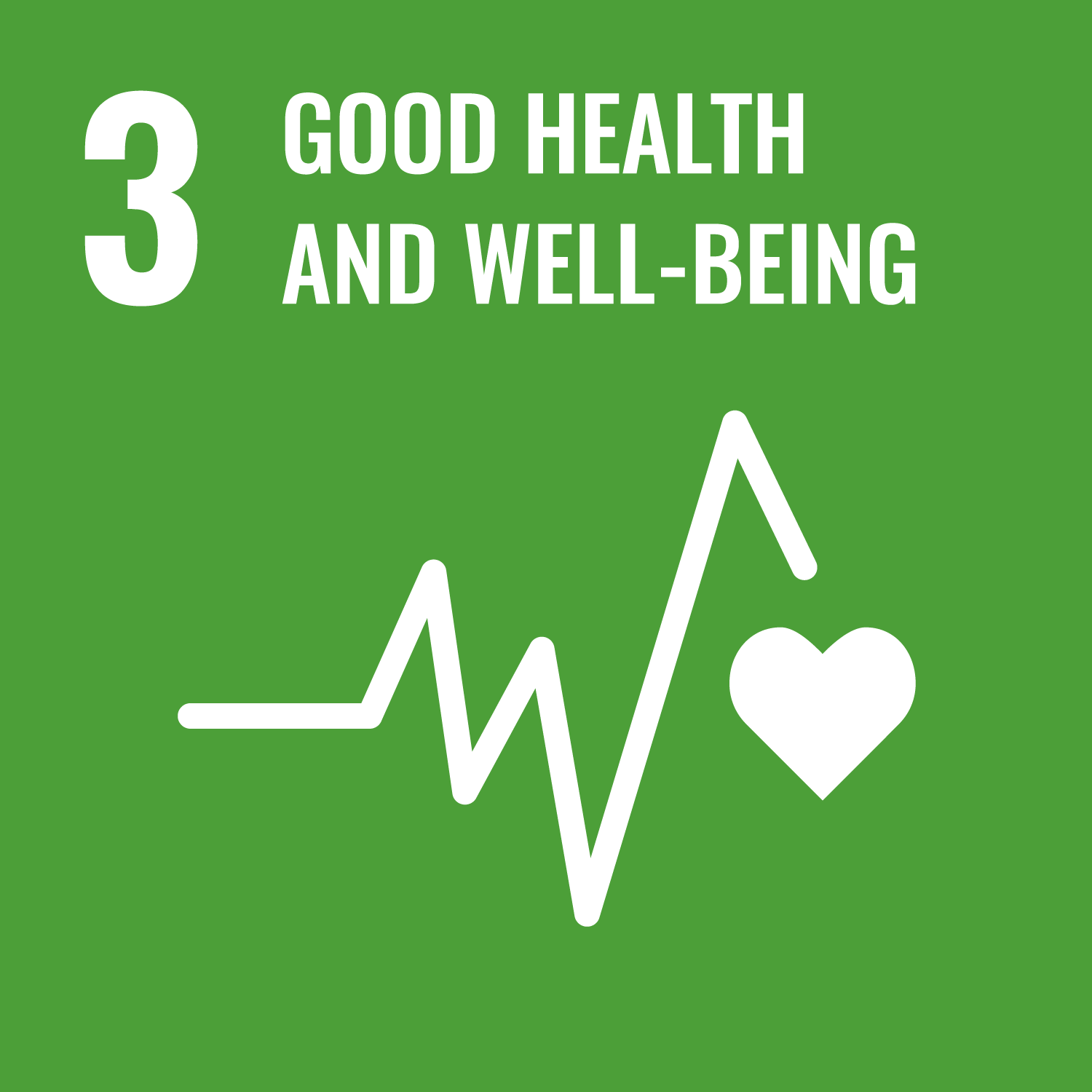Finland Children's Welfare SIB II
This project is also known as Lapset SIB II
Aligned SDGs


- Finland Children's Welfare SIB II
- General overview
- Location
- Involved organisations
- Outcome metrics
- Spreadsheet of data
- Finland Children's Welfare SIB II
- General overview
- Location
- Involved organisations
- Outcome metrics
- Spreadsheet of data
General overview
Stage of development: Implementation
Policy sector: Child and family welfare
Date outcomes contract signed: Dec 2020
Start date of service provision: May 2021
Anticipated completion date: Jan 2031
Capital raised (minimum): EUR 5.10m
Max potential outcome payment: EUR 15.90m
The amount of investment corresponds to both Children's Welfare SIB I and Children's Welfare SIB II. Maximum Potential Outcome Payment only corresponds to Children's Welfare SIB II.
Intervention
Early stage support for families with children who are in danger of youth exclusion. Main intervention providers include SOS Children's Villages, Helsinki Deaconess Foundation and Nuorten Ystävät.
Location
Country
- Finland
Service delivery locations
- City of Jyväskylä
- City of Karkkila
- City of Tampere
- City of Vihti
Involved organisations
Outcome metrics
- The first aim is to ensure that 70% of young people facing dropout risk will successfully complete upper secondary education. The bonus will be paid for successful completion of upper secondary education, higher education studies and finding work (City of Jyväskylä).
- The second aim is that child welfare placements of sixth-graders with weak school performance and a risk of becoming child welfare clients will decrease by 50%. The bonus will be paid for avoiding child welfare placements, a reduction in unauthorised absences and improvement in school performance(City of Jyväskylä).
- The aim is that 80% of young people in substitute care will at least complete upper secondary education and 80% of them will study or be in gainful employment at the age of 25. The bonus will be paid for successful completion of upper secondary education and for finding work (City of Tampere).
- The bonus will be paid for savings in child welfare costs, for a parent successfully completing upper secondary education and for a parent finding employment. The bonus model is based on a forecast of child welfare costs, and education and employment trends with current measures (City of Karkkila and the Municipality of Vihti).
Spreadsheet of data
Important Notice and Disclaimer on INDIGO Data
INDIGO data are shared for research and policy analysis purposes. INDIGO data can be used to support a range of insights, for example, to understand the social outcomes that projects aim to improve, the network of organisations across projects, trends, scales, timelines and summary information. The collaborative system by which we collect, process, and share data is designed to advance data-sharing norms, harmonise data definitions and improve data use. These data are NOT shared for auditing, investment, or legal purposes. Please independently verify any data that you might use in decision making. We provide no guarantees or assurances as to the quality of these data. Data may be inaccurate, incomplete, inconsistent, and/or not current for various reasons: INDIGO is a collaborative and iterative initiative that mostly relies on projects all over the world volunteering to share their data. We have a system for processing information and try to attribute data to named sources, but we do not audit, cross-check, or verify all information provided to us. It takes time and resources to share data, which may not have been included in a project’s budget. Many of the projects are ongoing and timely updates may not be available. Different people may have different interpretations of data items and definitions. Even when data are high quality, interpretation or generalisation to different contexts may not be possible and/or requires additional information and/or expertise. Help us improve our data quality: email us at indigo@bsg.ox.ac.uk if you have data on new projects, changes or performance updates on current projects, clarifications or corrections on our data, and/or confidentiality or sensitivity notices. Please also give input via the INDIGO Data Definitions Improvement Tool and INDIGO Feedback Questionnaire.